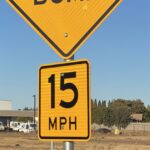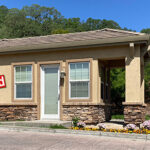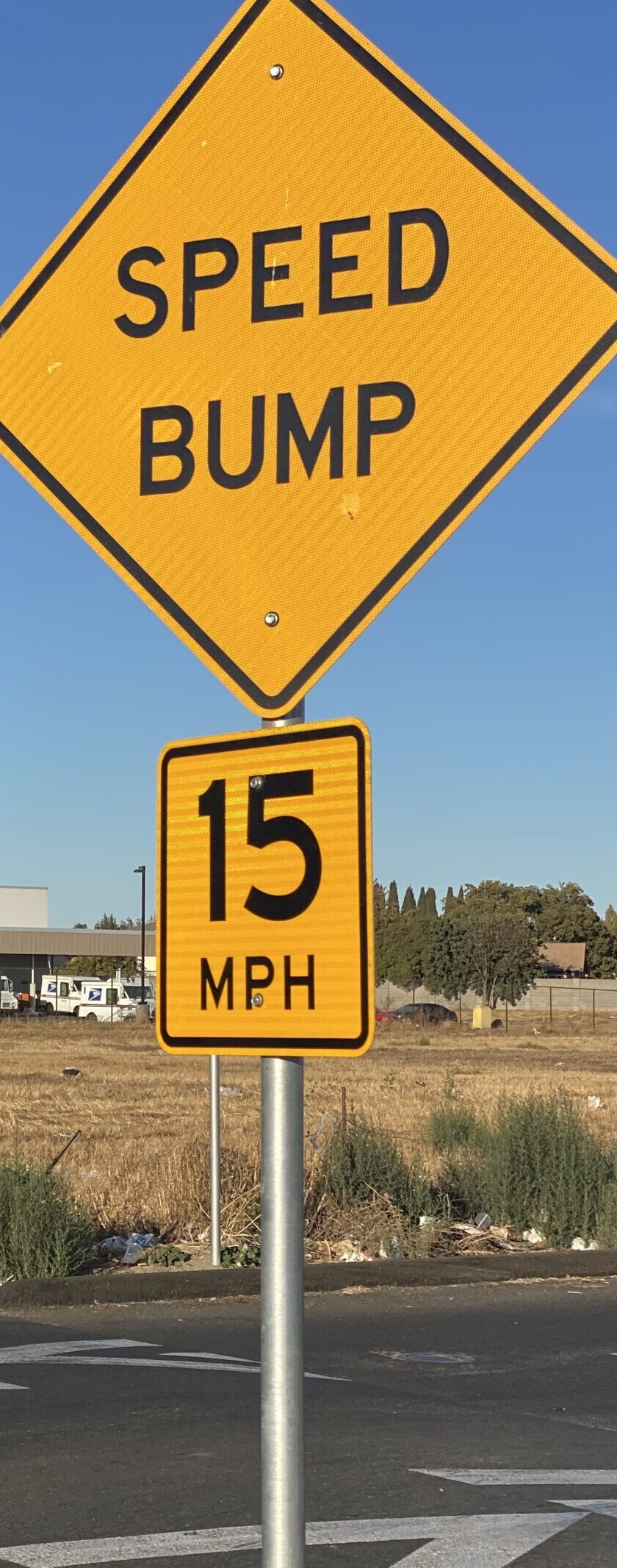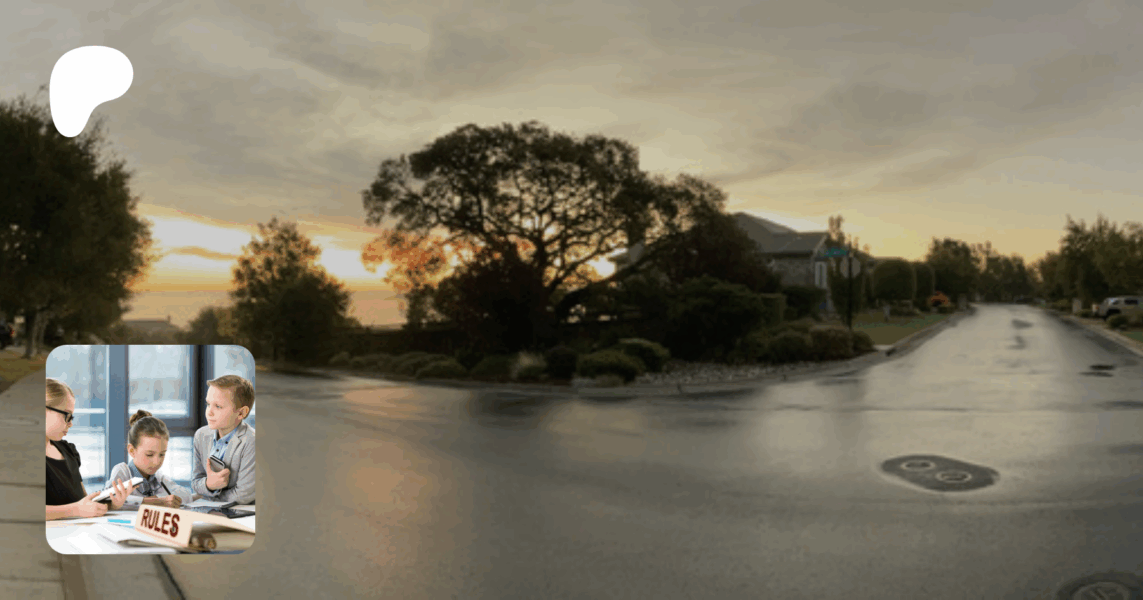A Tutorial – HOA Reserve Funding 101 -Eggs in One Basket
Running a homeowners association isn’t free—everyone understands that. Even with a Board of Directors made up of volunteers, there are necessary expenses for maintenance, services, and administration. Managing those expenses wisely, however, is a fundamental duty of the Board.
Board members don’t just volunteer their time; they take on a legal and financial responsibility to manage HOA funds with the same care they would their own. This obligation, known as fiduciary duty, is not just a best practice—it’s the law. The Davis-Stirling Act and our CC&Rs set clear expectations for how our HOA must be governed, and failure to follow these rules can have serious consequences.
Board members who make reckless financial decisions can be held personally liable if they mismanage association funds. The legal test for accountability? Did they know the consequences—or should they have known?
One of the Board’s most critical financial responsibilities is maintaining a healthy reserve fund—a financial safety net for major repairs and unexpected expenses. An independent Reserve Study helps determine whether our reserves are adequately funded. Our most recent study found that while our reserve fund is relatively strong, it remains underfunded when factoring in potential risks like wildfires, landslides, or a market downturn. The logical response? Increase monthly dues to ensure long-term financial stability.
What Did the Board Do Instead?
Rather than following the auditor’s professional recommendation to raise dues to the appropriate level, the Board instead chose to increase dues only slightly—just under the threshold that would require a full membership vote. While this move may seem like a short-term win, it ignores the reality of rising costs and the long-term financial health of our community.
But that’s not all. Rather than responsibly adjusting our reserve contributions, the Board decided to move our entire reserve fund into a Brokerage Account—an approach that carries significant risk. Some HOAs (including our sister association “Eastridge POA”) successfully use a laddered investment strategy, where portions of reserve funds are strategically invested in safe, staggered-term investments to ensure liquidity when needed. But that’s not what our Board has done. Instead, they’ve gone all in, exposing the entire fund to market volatility and it may exceed The Federal Deposit Insurance Corporation (FDIC) limits, too.
The Bigger Issue
Now, our Board President seems increasingly agitated about even the smallest expenses—perhaps because the HOA’s financial position is more precarious than they’d like to admit. The question we must ask ourselves: Are we comfortable with these high-stakes decisions being made without homeowner input? Why are we being assessed for expensive elections when the law says we can do them more cheaply online through email voting?
Our HOA’s financial health affects every homeowner’s property value and potential liability. If you’re concerned, it’s time to get involved, ask questions, and demand transparency. The future of our community depends on it.
If you have questions, please ask them in the comments . . . we have the resources,










